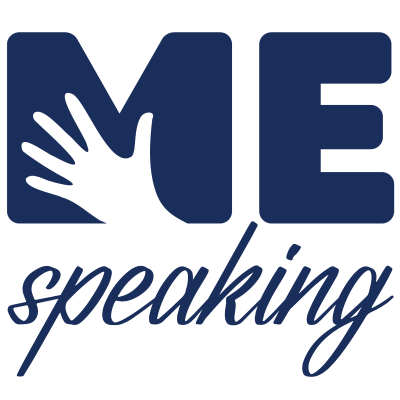BUT. I hate that word. I always did and I just didn’t know why, until about 5 years ago when I started a communication course that changed my life.
It’s a horrible word. One of the worst words we have in the English dictionary. It seems that many people aren’t even aware of it’s true meaning, and so it becomes misused. Hear me out…

“But” negates whatever proceeds it. Have you ever really thought about it that way? That’s what it does. It’s a signal that the important part of the sentence is coming up. It literally erases the words before, minimizing the concept they shared and tells the listener “everything after this word is more important than what came before it”
Imagine you are with a friend who really appreciates you and says: ” I really like the time we spend together”… and then adds the word- but!
You know that what is coming next is not going to be good…
We might respond to it in a rational way, since a large part of communication is rational thinking. On the other hand, there is an immense part of communication that is emotional response. It’s just the way our brain is programmed to understand language. The emotional response after hearing the word “but” is to ignore everything that went before and focus on the rest. It’s instinctive for us to recognize that second part of the sentence as the part that truly matters.
Picture your boss telling you: “You handled that last task nicely but…” or even your significant other saying “I love being with you but…”. You’re waiting, you want to know, you need to know what they are going to say next. There’s suspense. It’s like the person speaking intends to be kind.. Instead they throw a verbal ‘landmine’ at you which only purpose is to demolish the kindness they attempted to show before that “but”. However, and yet, and all the other words that signify the same as “but” are also like dynamite in a sentence.

If you don’t want your listener to feel at war, isn’t it better to just use the word AND? “You handled that last task nicely and I’d like for you to look it over for errors”. The word “And” assures that both parts of a sentence are equally important.
The good news, or maybe it’s bad news, is that most people are just misusing the word. The best practice when using “but” in your sentences is to acknowledge something negative and emphasize the positive part of that negative. For example: “We didn’t do our best but we will do better next time”. Using the word but is not so horrible, as long as you’re aware of it’s influence in the sentence.
I firmly believe that we are responsible for the impact our communication will have on the listener. One of the small, even tiny, ways we can take responsibility is by becoming aware of the use of the word BUT.
